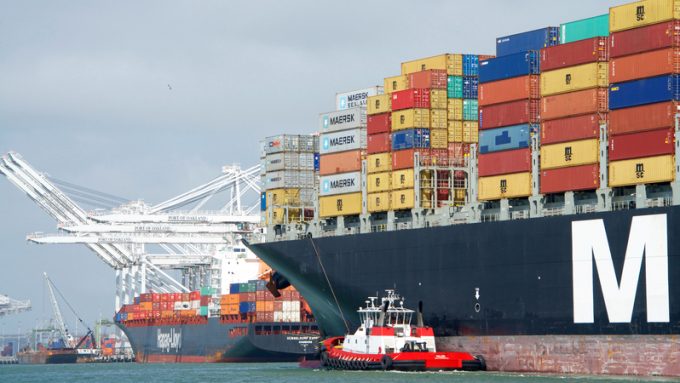OceanX Radar: Cooling down – trade wars mean no trade
… no news on deals is bad news on wheels

MSC confirmed today that demand from China to the US west coast had “significantly reduced” and it would be “taking certain actions” to rebalance its capacity, starting with the suspension of an entire service.
Until now, the major ocean carriers have used blanking strategies to take ...

Comment on this article